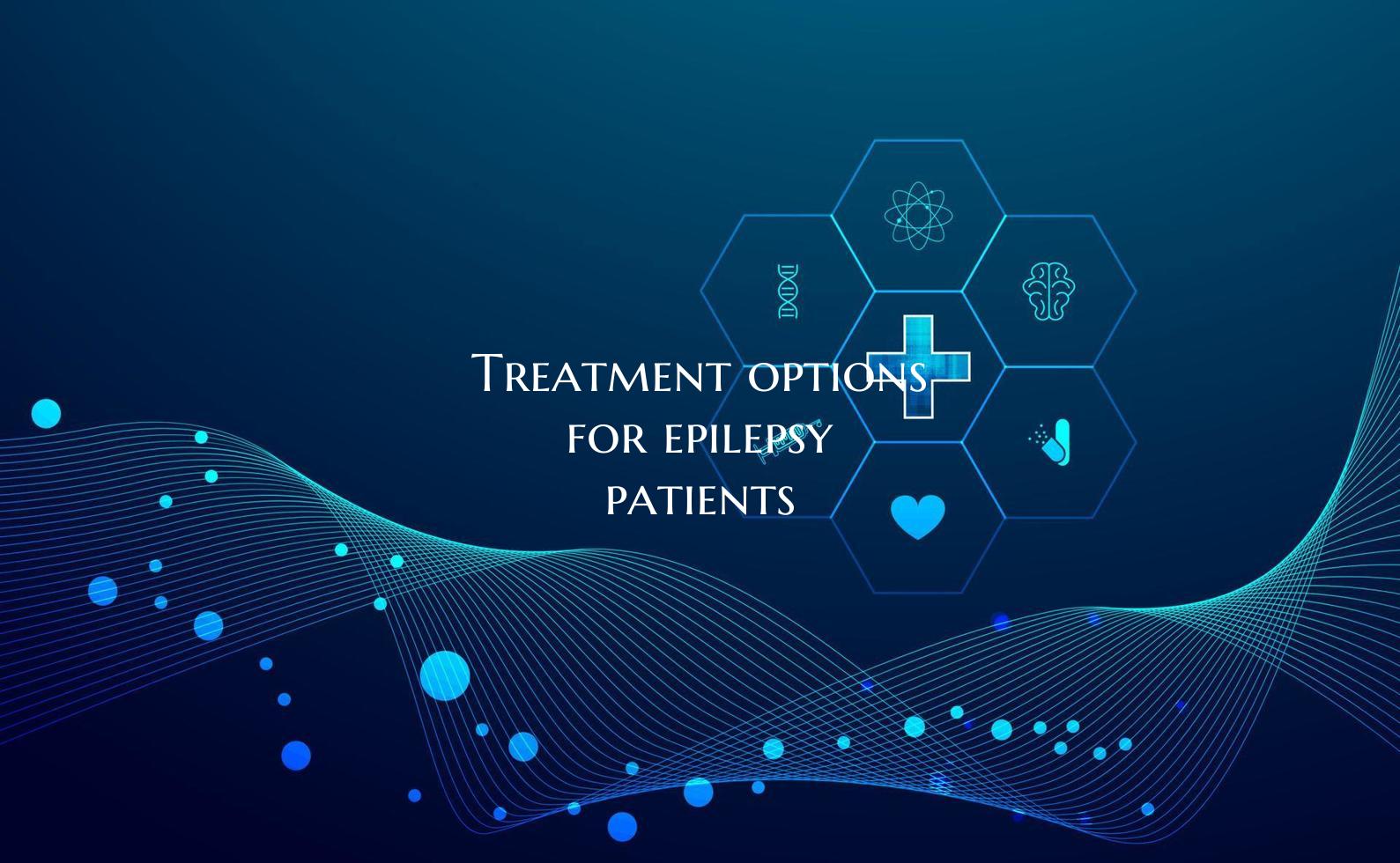
Treatment options for epilepsy patients
Introduction: Epilepsy is a neurological disorder characterized by recurrent seizures, which can vary in severity and frequency. Managing epilepsy involves a variety of treatment options aimed at controlling seizures and improving the quality of life for patients. This article explores some of the key treatment options available for individuals living with epilepsy.
1. Medications: Antiepileptic drugs (AEDs) are the most common and effective treatment for epilepsy. These medications work to control seizures by regulating electrical activity in the brain. There are many different AEDs available, and the choice of medication depends on the type of seizures, the patient's age, and other individual factors. It is crucial for patients to take their medication as prescribed to maintain seizure control.
2. Ketogenic Diet: The ketogenic diet is a high-fat, low-carbohydrate diet that has been shown to be effective in reducing seizures in some epilepsy patients, particularly children with drug-resistant epilepsy. This diet forces the body to use fats for energy instead of carbohydrates, which can lead to a reduction in seizure activity. It is important for patients considering this option to work closely with a healthcare provider or dietitian to ensure proper implementation and monitoring.
3. Vagus Nerve Stimulation (VNS): Vagus nerve stimulation is a surgical procedure that involves implanting a device that sends electrical impulses to the vagus nerve in the neck. This can help reduce seizure activity in some patients who do not respond well to medications. VNS is generally well-tolerated and can be adjusted by the healthcare provider to optimize seizure control.
4. Surgery: For some epilepsy patients, surgery may be recommended to remove the area of the brain where seizures originate. This is typically considered for patients who have not responded to medications and have seizures that originate from a specific, identifiable area of the brain. Surgical options vary depending on the location and type of seizures.
5. Lifestyle Modifications: In addition to medical treatments, certain lifestyle modifications can help patients manage their epilepsy. These include getting enough sleep, managing stress, avoiding triggers that may provoke seizures, and maintaining a healthy diet and regular exercise routine. Patients may also benefit from participating in support groups or therapy to cope with the emotional and psychological aspects of living with epilepsy.
Conclusion: Effective management of epilepsy requires a multidisciplinary approach that may include a combination of medication, dietary changes, surgical interventions, and lifestyle modifications. Each patient is unique, and the optimal treatment plan should be tailored to the individual's specific needs and circumstances. By working closely with healthcare providers, epilepsy patients can find a treatment regimen that helps control seizures and improves their overall quality of life.